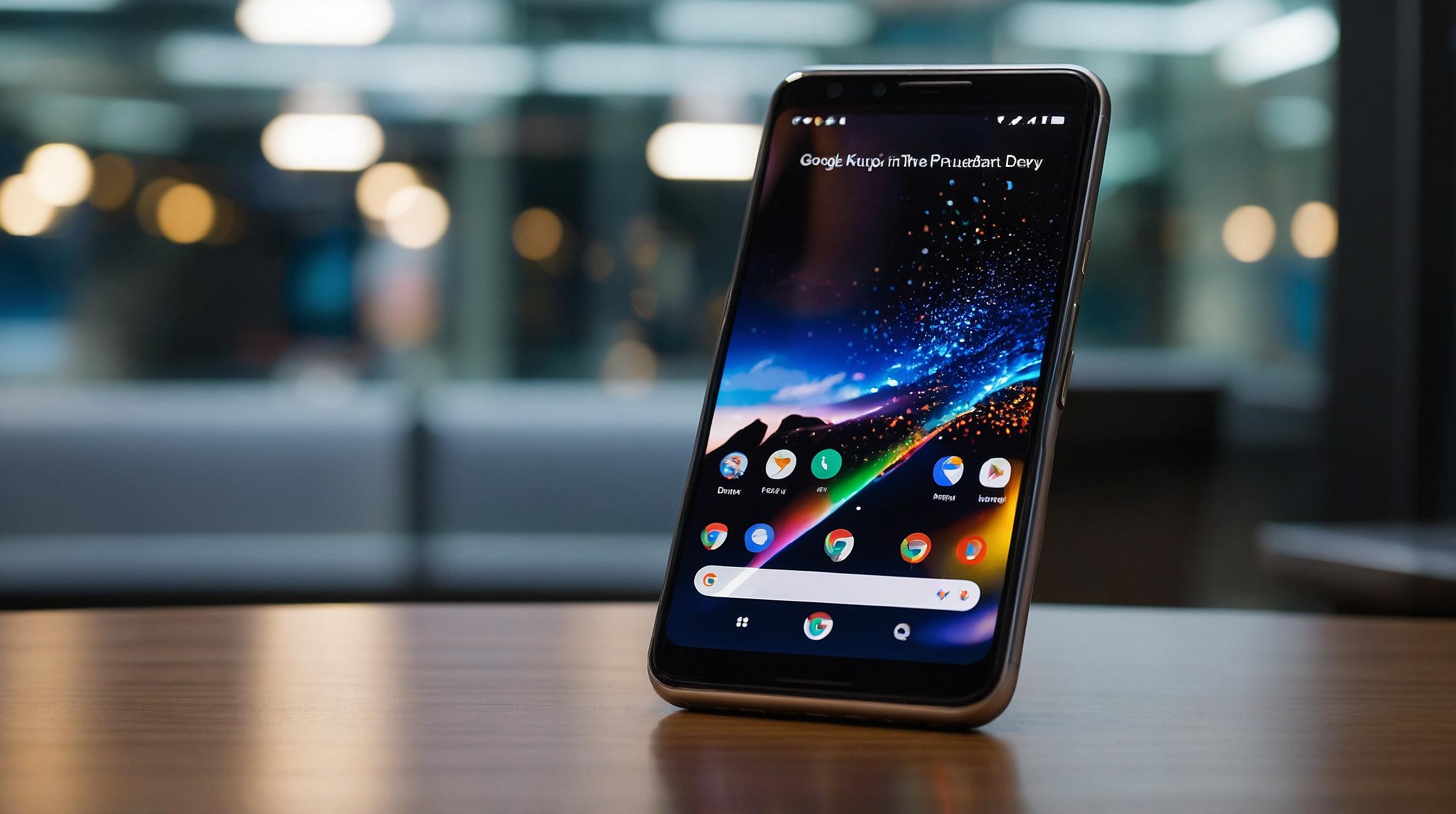Google’s Bold Move in the Smartphone Market
Google recently unveiled its latest Pixel phones designed to showcase its advancements in artificial intelligence (A.I.). This move is an effort to stand out in a competitive hardware market, often led by giants like Apple and Samsung. Among the new releases are the Pixel 9, Pixel 9 Pro, and an innovative Pixel 9 Fold.
Cutting-Edge A.I. Features
The new Pixel phones are equipped with advanced A.I. capabilities. Users can now engage with a conversational assistant that makes interacting with the phone more intuitive. For instance, you can ask the assistant to organize your schedule or find a recipe, and it will provide a seamless response. Additionally, the phones allow users to edit people into photos and search for information directly within screenshots, making them highly versatile in everyday tasks.
Challenges in the Market
Despite these innovations, Google faces significant hurdles. Its market share in the smartphone sector is relatively small, with about 5% in the United States. This is a stark contrast to Apple and Samsung's dominance. According to Statista, Google's penetration in other major markets, such as Britain, Germany, and India, is even less.
Strategic Integration of A.I. and Hardware
To bolster its position, Google has strategically merged its Android development teams with those working on Pixel devices and other hardware. This integration aims to streamline the incorporation of A.I. features across its products, enhancing their appeal and functionality.
Legal and Financial Implications
The timing of this launch is notable, as Google recently faced a legal setback. A federal judge ruled that Google had maintained an illegal monopoly in online search. This decision might impact Google's core revenue streams, primarily from advertising. However, Google plans to appeal and continues to focus on delivering innovative products.
Future Prospects
Google's embrace of generative A.I. and its efforts to integrate these technologies into consumer hardware are steps toward redefining its market strategy. While it remains to be seen how successful these phones will be in drawing consumers away from their iPhones, Google's commitment to innovation is clear.













